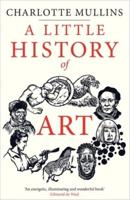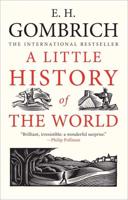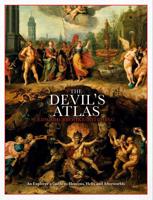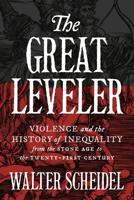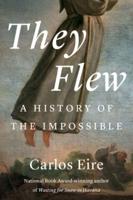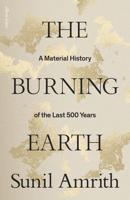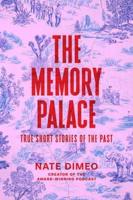Publisher's Synopsis
Barely two centuries ago, most of the world's productive land still belonged either communally to traditional societies or to the higher powers of monarch or church. But that pattern, and the ways of life that went with it, were consigned to history by the most creative and simultaneously destructive cultural force in the modern era: the idea of individual, exclusive ownership of land.
Spreading from both shores of the north Atlantic, it laid waste to traditional communal civilizations, displacing entire peoples from their homelands, and brought into being a unique concept of individual freedom and a distinct form of representative government. By contrast, as Linklater demonstrates, other great civilizations, in Russia, China, and the Islamic world, evolved very different structures of land ownership and thus very different forms of government and social responsibility. The history and evolution of this concept is a fascinating chapter in the history of civilization, offering unexpected insights about how various forms of democracy and capitalism developed, as well as a revealing analysis of a future where the Earth must sustain nine billion lives. Owning the Earth presents a radically new view of mankind's place on the planet and the history behind it.
